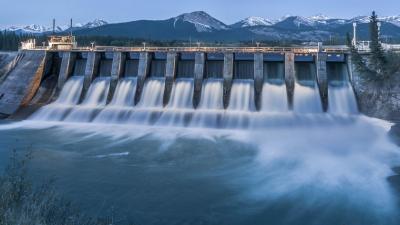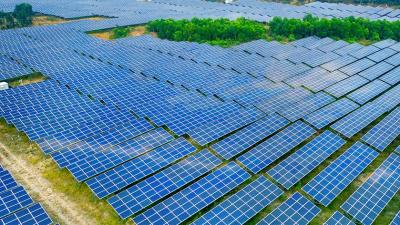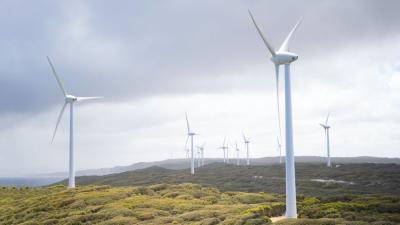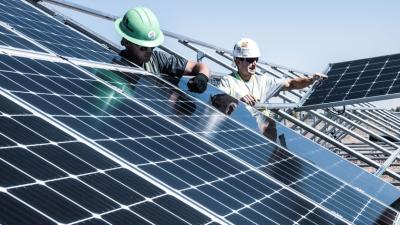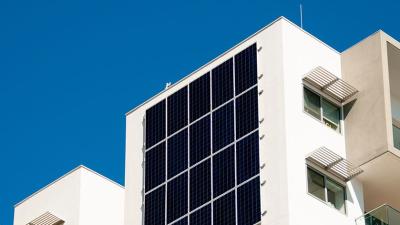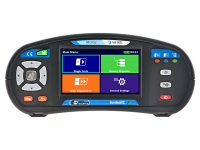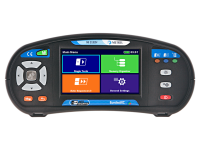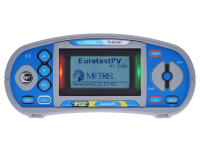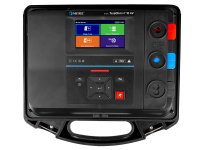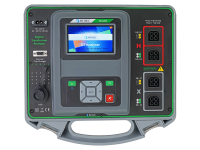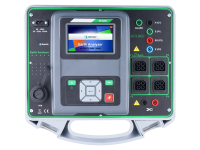Renewable energy sources
Electrical Energetics
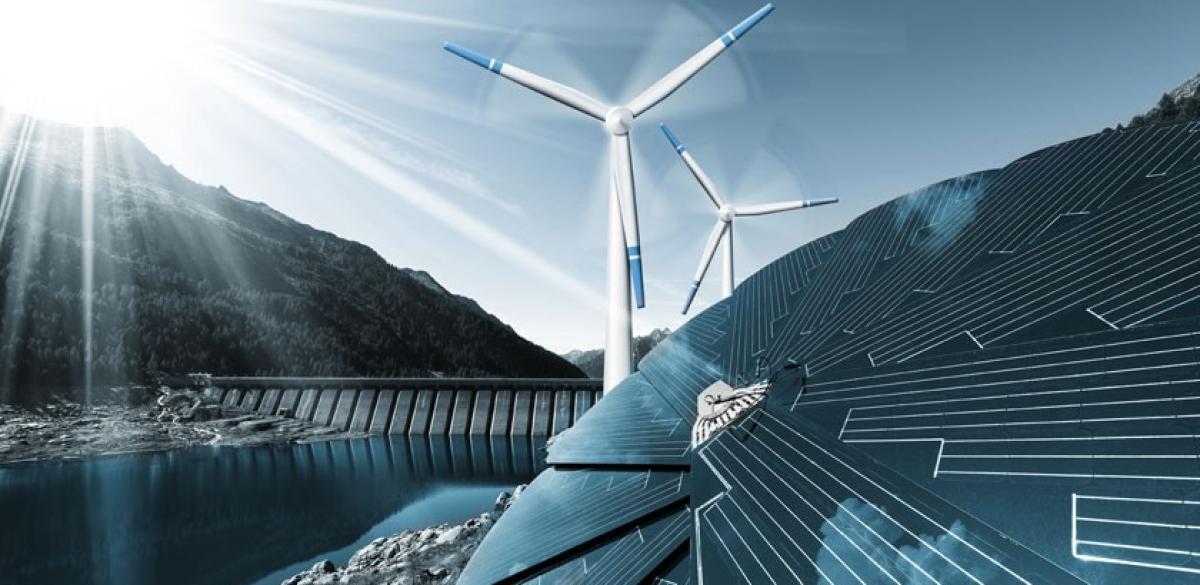
Renewable energy means harvesting it from sources that regenerate fully in human timescale or harvesting it from continuous processes that cannot be halted. These include using visible light and heat from the sun, wind, water potential or tidal energy, biomass (plant growth) and geothermal heat. Apart from electricity generation, these energy sources can also be used for heating, cooling, direct mechanical energy and transportation.
Each source is linked to its own issues with electrical safety. Tidal and hydro plants operate in environment with high moisture, which is the most common reason for insulation failure. Isolation resistance of the generator and primary transformer windings must be designed to work in such environment and periodically retested. In a similar vein, their earthing or grounding must be designed to deal with wet environment.
Solar cells are a type of a semiconductor. Their functionality requires a specialised set of tests and a specialised instrument. Safety is of slightly lesser concern compared to other energy sources since the used voltages are much lower. Quality equipotential bonding, grounding and lightning protection are its backbone. Power quality testing is required particularly after the inverter, but sometimes also before it.
Wind turbines are situated high in the air and highly susceptible to lightning strikes. Their lightning protection systems are particularly robust and therefore require high powered instruments to reliably test their continuity. Similarly, the turbines are connected to the collector station over long distances. The impedance of these connections must be particularly low. Similarly, to the solar plants, they need to use inverters to create power at a useful frequency and power quality monitoring is necessary.
Sun collector, geothermal and biomass plants are not much different from other energy sources based on heat. The safety requirements are similar and were discussed previously.
Competencies at edison
EDISON is an international organisation for certification of competences in electrical safety testing. Click on the links for more information on each competency.
- EES: Earthing and grounding systems
- PQA: Power quality analysis
- PVV: Photo Voltaic Installations Safety/Quality
- IEC 62305 – Protection against lightning
- IEC 60364-6 Low Voltage Electrical Installation Safety: Part 6 Verification.
- IEC 60364-7-712 Low voltage electrical installations - Part 7-712: Requirements for special installations or locations - Solar photovoltaic (PV) power supply systems
- IEEE 81-2012 IEEE Guide for measuring earth resistivity, ground impedance, and earth surface potentials of a grounding system
- EN 50522 Earthing of power installations exceeding 1 kV a.c.
- IEC 60909 Short-circuit currents in three-phase a.c. systems
- IEC 60947-2 Low-voltage switchgear and controlgear – Part 2: Circuit-breakers
- IEEE 519 Reporting and evaluating of the results
- EN 50160 Voltage quality reporting and evaluating of the results
- IEC 61000-4-30/-7/-15 – Power quality measurement methods, testing and measurement techniques
